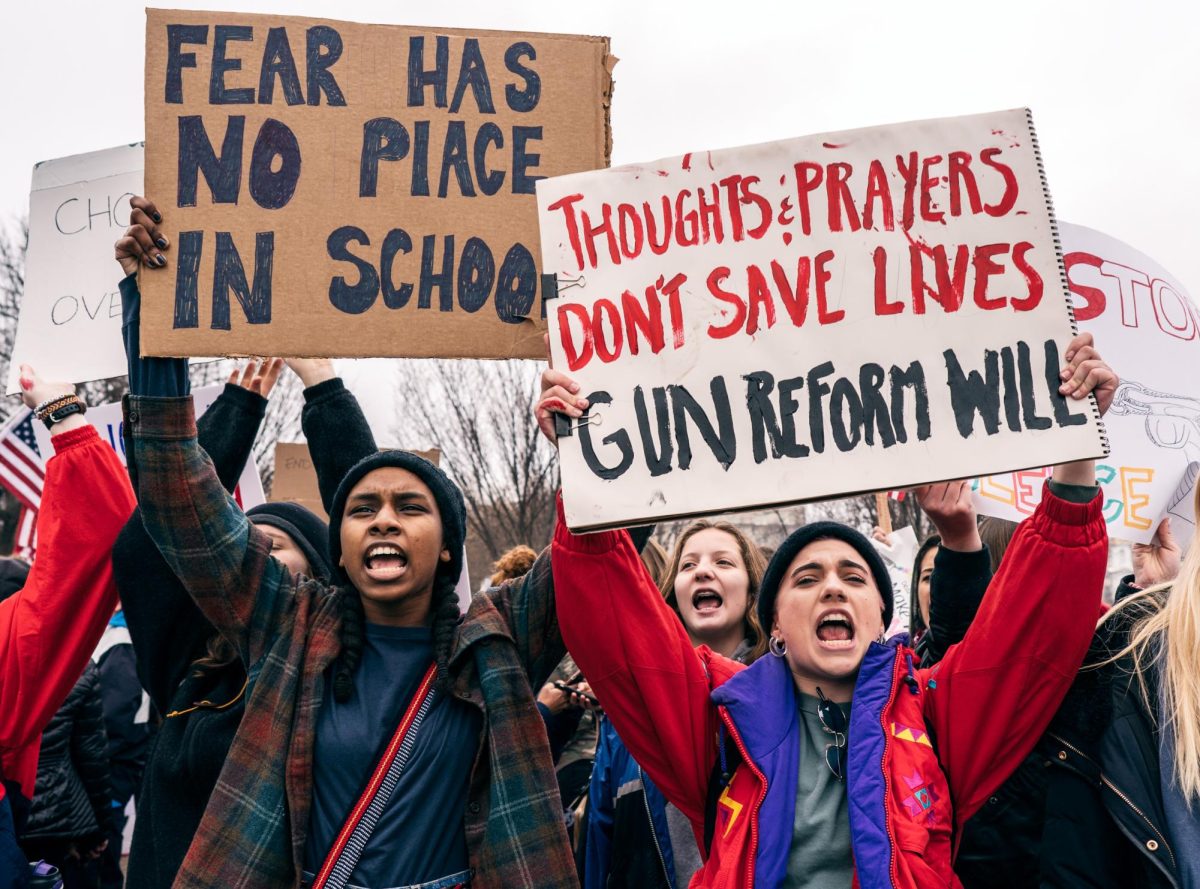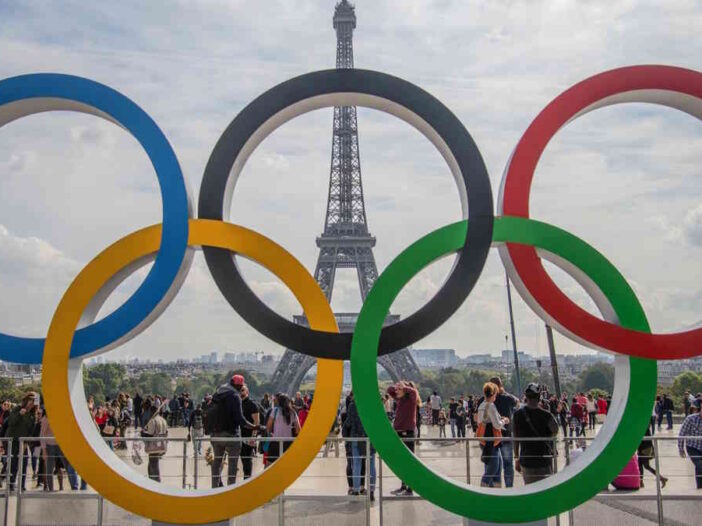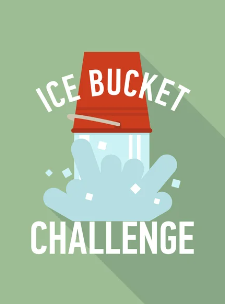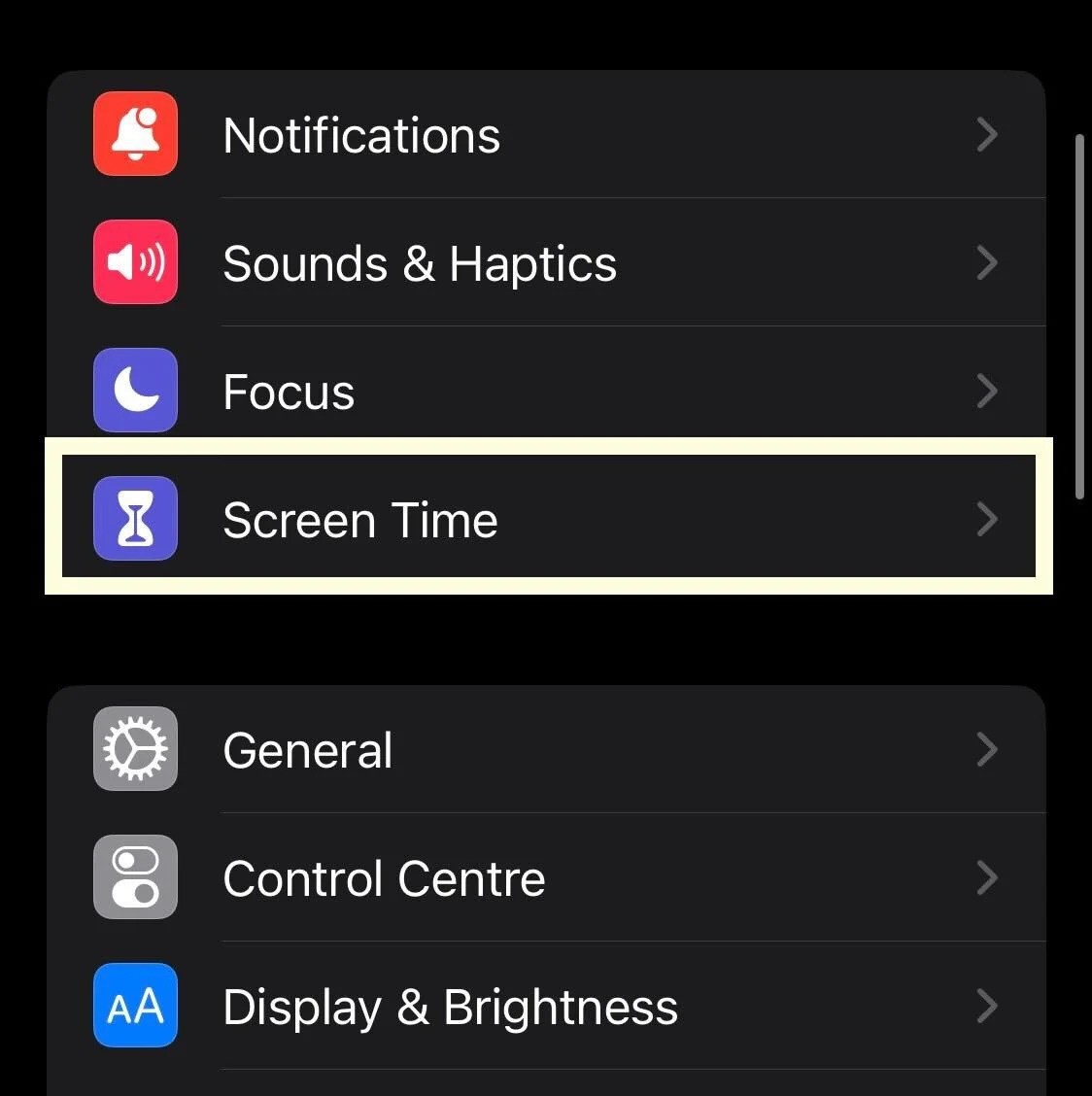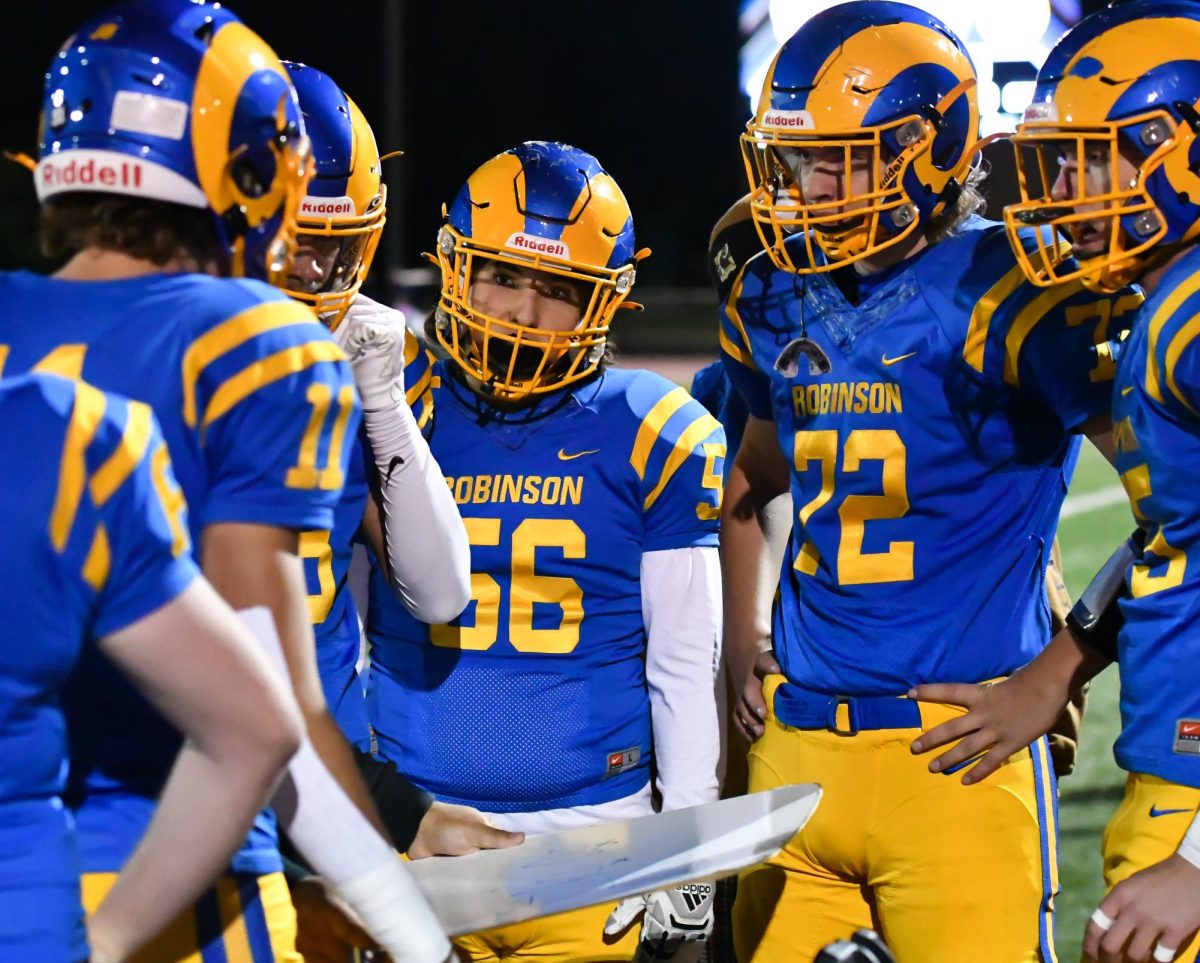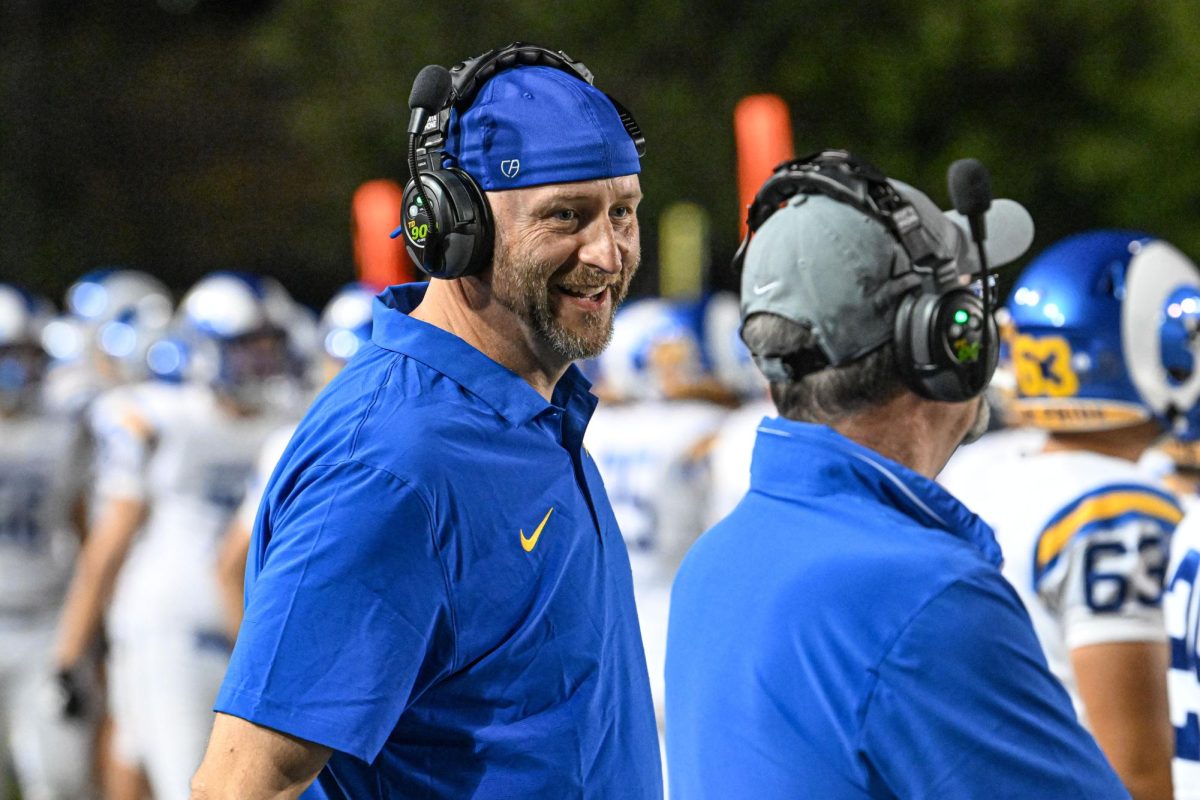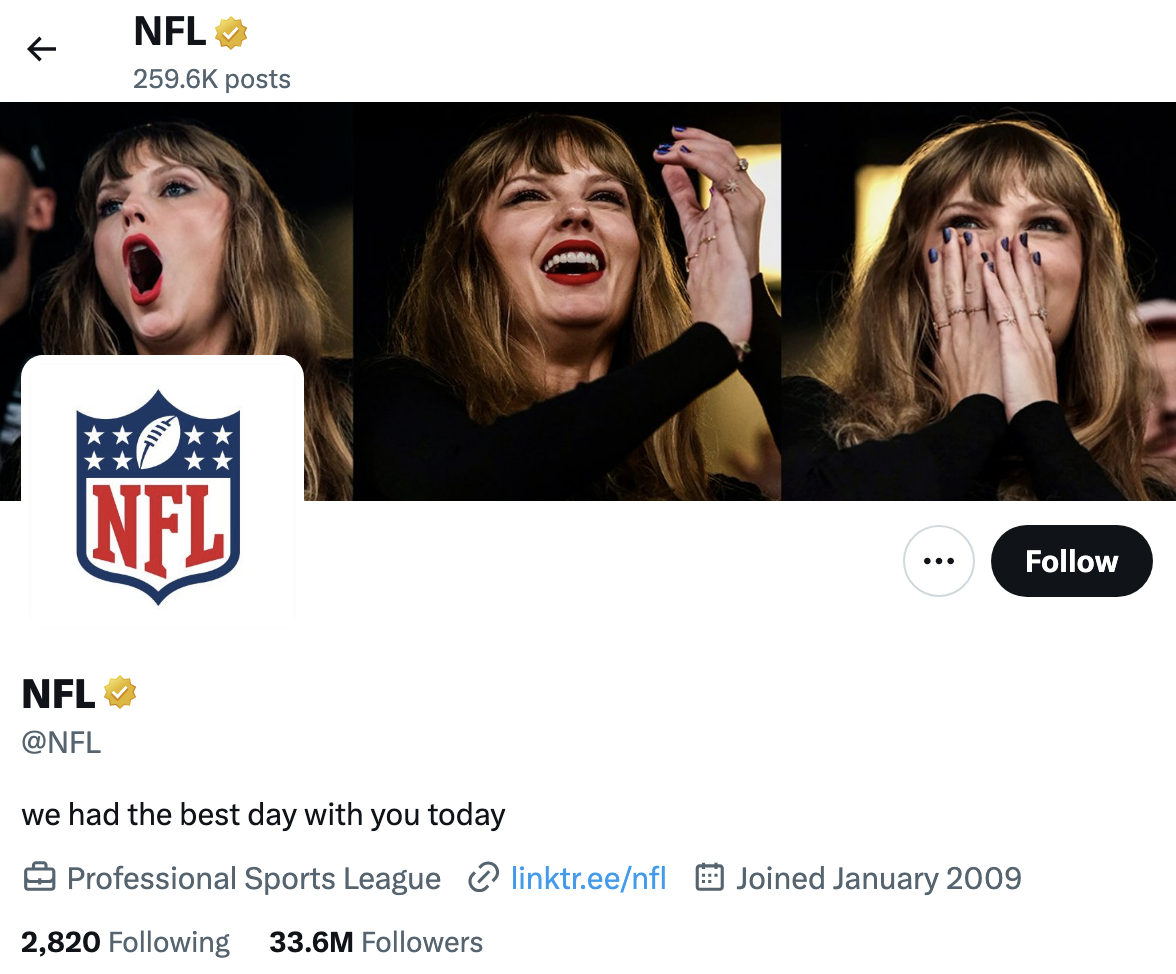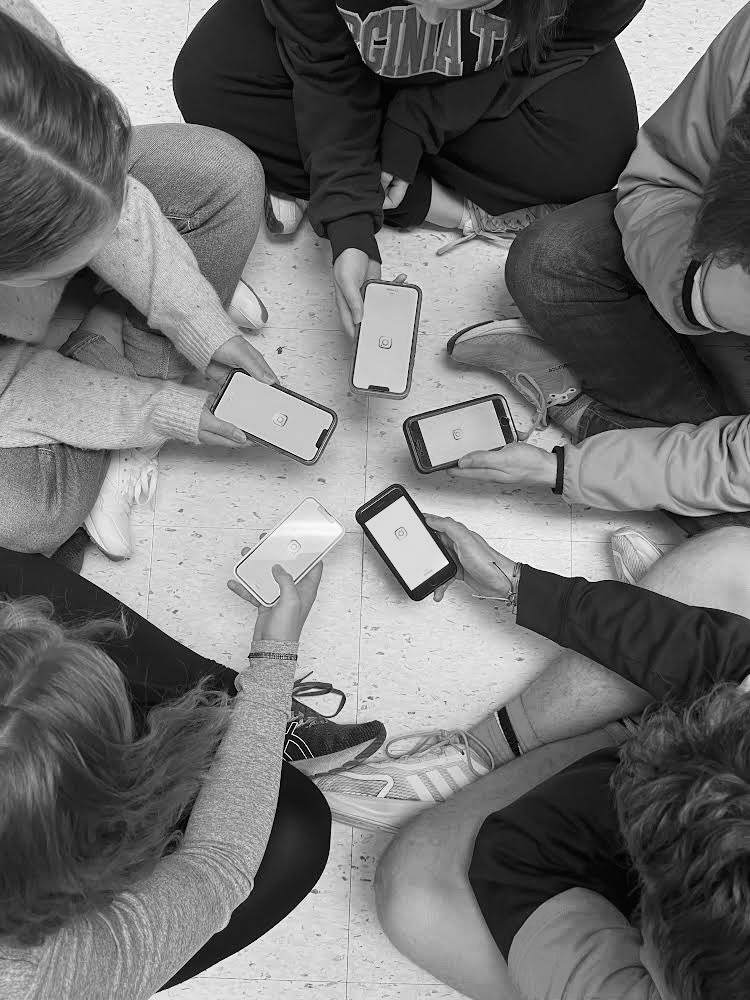In March 2020, an international pandemic was declared, forcing a worldwide lockdown due to the rampant virus, COVID-19. The lockdown forced everyone to remain indoors for many months and to practice “social distancing” to help stop the spread of the deadly virus. As a result of being locked inside for the majority of the day, many attempted to find ways to cure this boredom. With upcoming sports seasons such as the NFL, NBA, and NHL, people were excited to have something to look forward to. Advertisers were able to capitalize on this anticipation by pushing ads for sports betting apps such as FanDuel or DraftKings.
These apps saw an immediate rise in popularity, with DraftKings seeing a 90% increase in revenue since 2019 and FanDuel seeing a 80% increase in revenue over that same time period. This spike in popularity for the industry has led to even more sports betting apps being created, as well as more advertisements and partnerships with sports betting companies, further publicizing the industry. This rapid increase in sports betting over the past three years has introduced millions of new users to the apps, many of whom are unaware of the consequences that can result from sports betting.
Robinson’s Assistant Athletic Director, Mr. Cross believes that “the most important aspect of sports betting is having the ability to do it responsibly. Being able to set a limit or a budget is critical.” Sports betting apps can keep their users coming back and continuously betting, even if they set limits for themselves. These apps also keep users returning with free bets that make the user feel as though they cannot lose. A consensus that can be found among the general population is that people need to set limits on the amount that they can bet monthly and stick to those limits. Robinson student Carel Baker agrees with this as he says, “People should bet on sports if they’re able to keep good habits and make good choices with their money.”
This drastic spike in sports betting has not only appealed to adults, but also young adults and teenagers. In Virginia and in the majority of the United States, the legal age for placing sports bets is 21, but this has not stopped millions of teenagers from downloading apps with little security to verify the user’s age. According to Vice News, the National Council on Problem Gambling estimates that roughly 60 to 80 percent of American high school students have gambled in the past year. In New Jersey, a survey showed that 70 percent of 16-to-25-year-olds saw at least 4 ads for gambling apps on social media per week. According to CBS News, a study conducted by the NCAA showed that among 18-to-22-year-olds, 58 percent had placed at least one sports bet in the past year.
So, what should be done to control the rapid increase in sports betting and should people even bet on sports in the first place? Data shows that limits need to be introduced to slow the increase of sports betting in the United States, as in just the last 5 years alone, Americans placed sports bets totaling over $220 billion. Policies may need to be enacted to require popular sports betting apps, such as FanDuel and DraftKings, to enforce limits on users who tend to place large bets regularly, as well as adding more verification to ensure users are of age.



